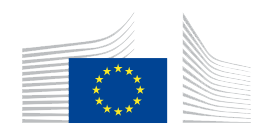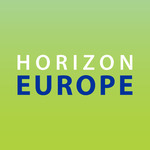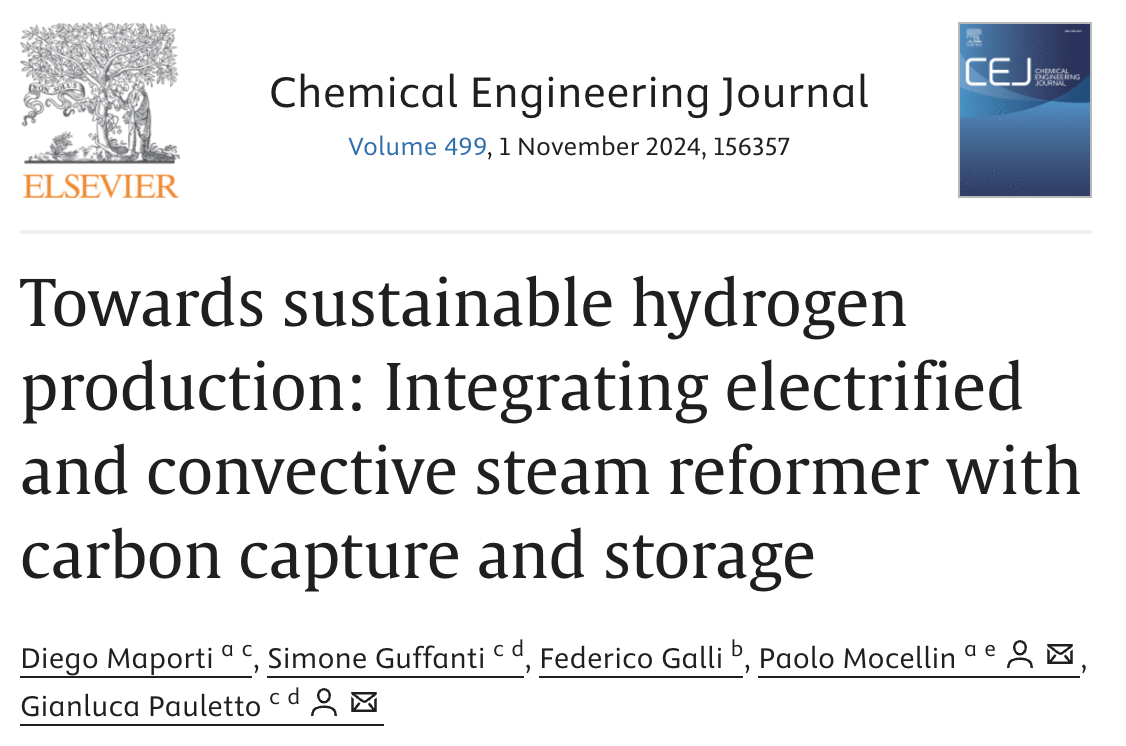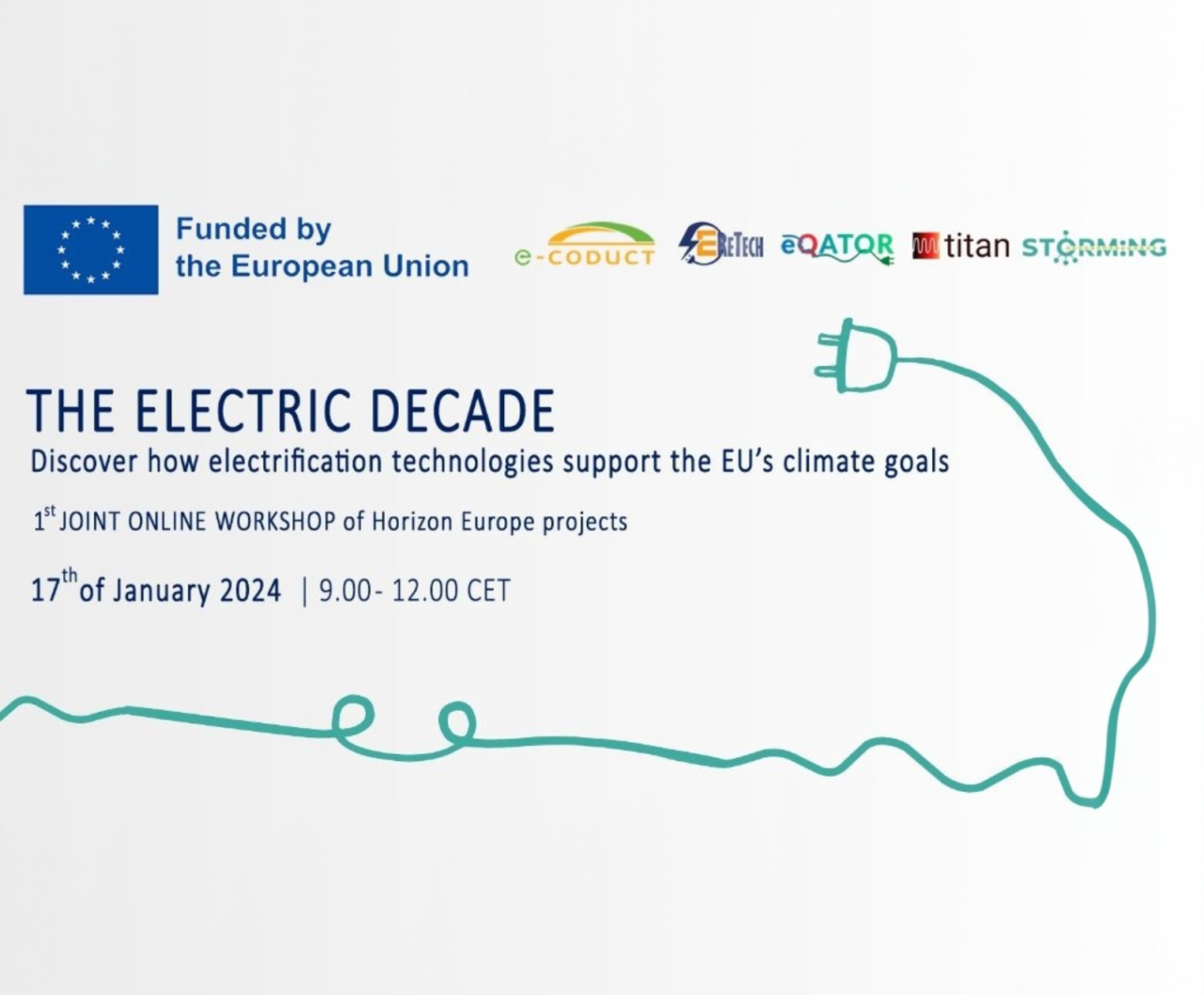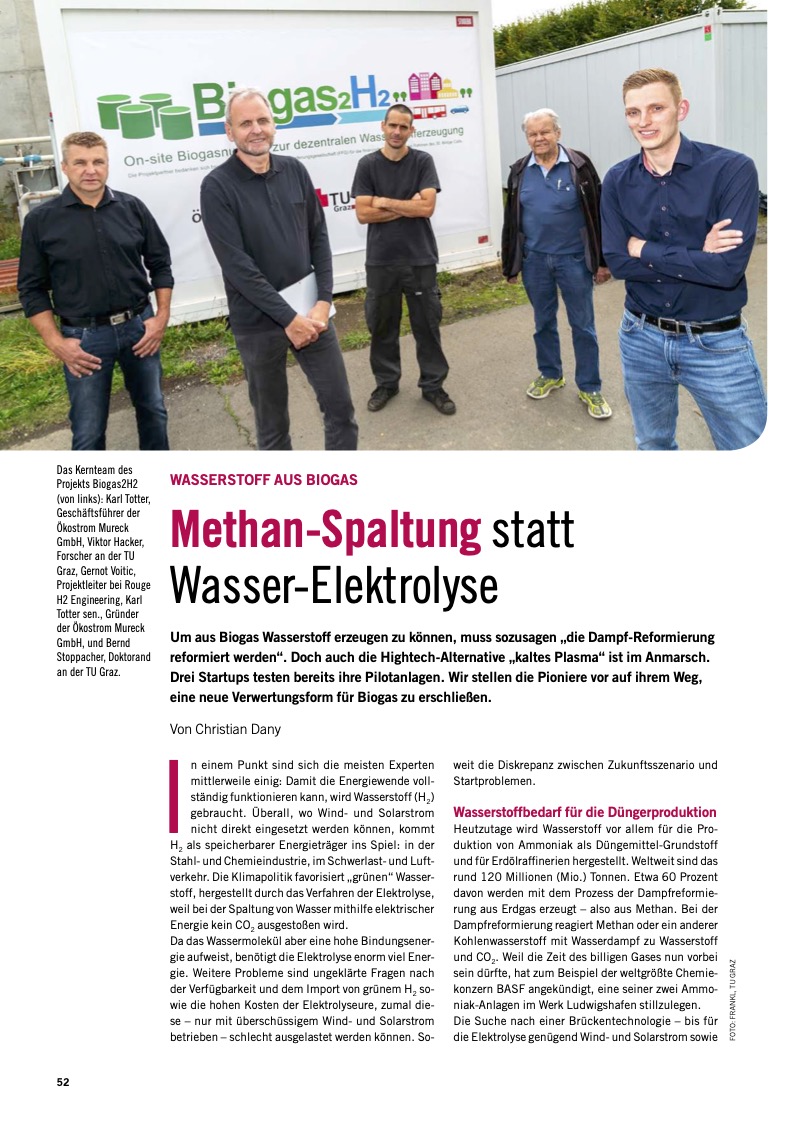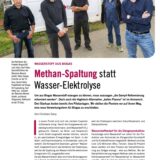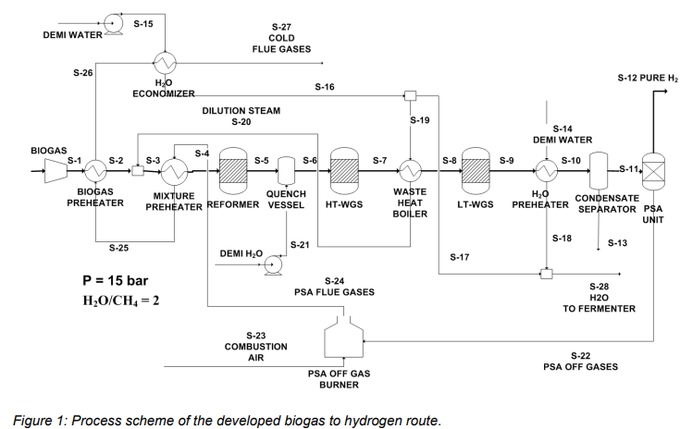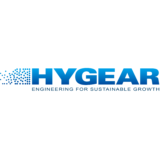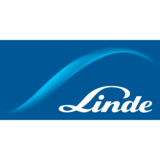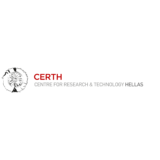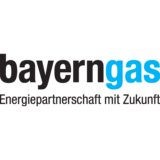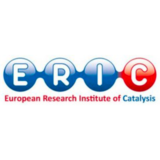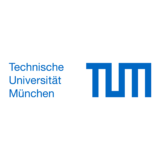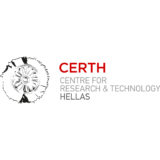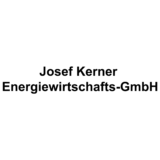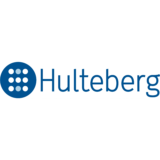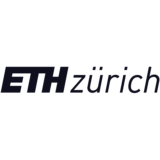Daan Kok, a Project Manager at HYGEAR (Netherlands), the leading provider of small-scale, on-site hydrogen production plants, shares insights into their mission and goals. In this interview, he discusses their work for the EreTech project: developing an autonomous renewable hydrogen production skid, which will be installed and demonstrated at the biogas plant in Dollnstein.
Hydrogen Archivi - EReTech - EU project Electrified Reactor Technology
Towards sustainable hydrogen production: Integrating electrified and convective steam reformer with carbon capture and storage leads the next-generation hydrogen production plant.
In this article, we have developed an innovative and sustainable new process for producing hydrogen. We have integrated electrified steam methane reforming (e‑SMR) with convective reforming and carbon capture (CCS).
The plant is designed to substantially enhance the sustainability and efficiency of hydrogen production while addressing the major environmental concerns of traditional methods.
Key components of this new process scheme:
- Electrified Steam Methane Reforming (e‑SMR):
- The reactor utilises electric heating. This not only lowers the carbon footprint but also reduces natural gas consumption.
- Convective Reforming:
- The process scheme involves also a convective reforming which integrates the heat recovery. In this way, the overall process efficiency is further increased.
- Carbon Capture (CCS):
- By integrating a CCS step it is possible to further avoid CO₂ emissions.
Plant functionality:
This proves converts natural gas into hydrogen through steam methane reforming. Unlike traditional plants, which rely heavily on burning methane for heat, this scheme uses electric heating to supply the necessary energy for the endothermicity of the reaction.
By optimizing the balance between electrification, convective reforming, and CCS, the plant can achieve high productivity with a minimized energy demand and carbon footprint.
Environmental and economic benefits:
The combination of electrified and convective reforming with CCS enables the plant to achieve a 35% reduction in natural gas consumption and 85% decrease in CO₂ emissions. This makes the plant not only more sustainable but also more cost-effective. The levelized cost of hydrogen (LCOH) is 0.28 €/Nm³ H₂ remains competitive, especially when compared to conventional hydrogen production methods that use CCS.
This innovative process scheme represents an innovative solution to produce low carbon hydrogen. By leveraging process intensification and carbon capture, we were able to develop a cleaner and more efficient solution that aligns with both global efforts to transition to low-carbon energy systems and production cost reduction.
Full technical details in our last publication.
Invitation: THE ELECTRIC DECADE
We invite you to join online event: THE ELECTRIC DECADE
Wednesday, 17 January 2024 | 9.00–12.00 CET
It is organised within the framework of EReTech Project carried out in SYPOX GmbH
Highlights:
- Electrification’s role in realizing the Green Deal
- Discussion on challenges and innovative catalytic reactor solutions for the process industry
- CO₂ emission reduction strategies
- Discussions with experts from leading Horizon Europe projects: e‑CODUCT, EReTech, ēQATOR, TITAN in STORMING
Contributors to the debate:
- Franz Hörzenberger, ArcelorMittal
- Walter Vermeiren, Total Corporate R&D
- Gleb Veryasov, TotalEnergies
- Gianluca Pauletto, SYPOX GmbH

- Richard Heyn, SINTEF
- David Farrusseng, IRCELYON
- Patricia Benito, University of Bologna
Dr. Joris W. Thybaut (Ghent University) and Dr. Georgios Stefanidis (National Technical University of Athens) will moderate the event.
Note that registration is required.
The event will be in English.
[INVITATION] — https://e‑coduct.eu/wp-content/uploads/2023/12/2024-Workshop-The-Electric-Decade_invitation_agenda_VF.pdf
Methane splitting instead of Water Electrolysis in producing Hydrogen
The issue 4_2023 of the Biogas Journal of the German Biogas Association hosts an article that explains the pioneering contribution of EReTech Project on new utilization for biogas to produce hydrogen (in German)![]()
EReTech with our Partners SYPOX and Università degli Studi di Padova participated at the E2DT in Milano, Italy, 23–26 October 2022 presenting a study on “Techno-Economic feasibility of #CO2-neutral #hydrogen (green hydrogen) production using renewable resources”.![]()
